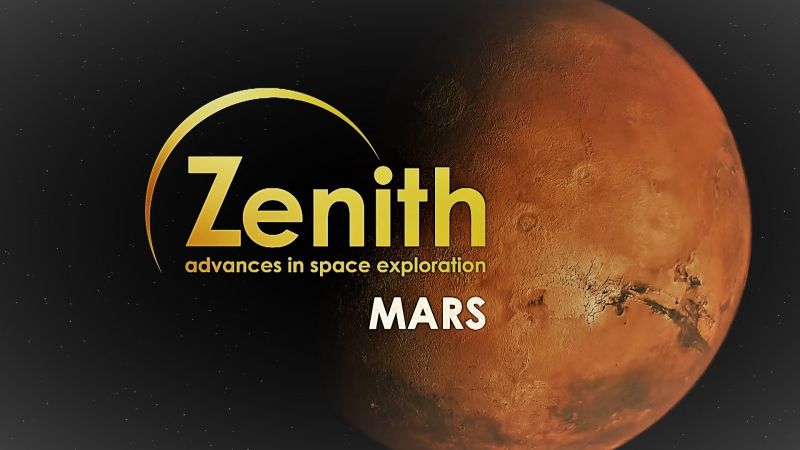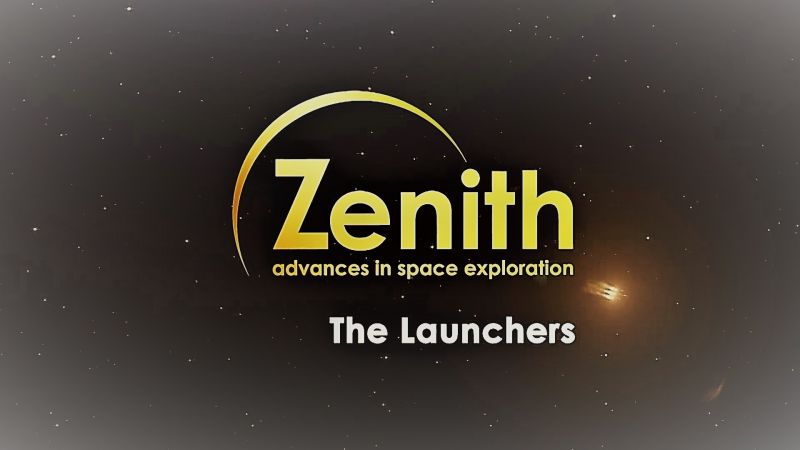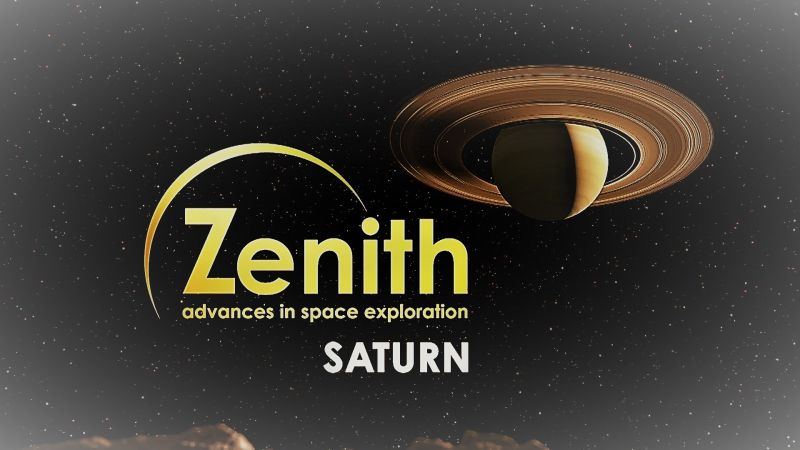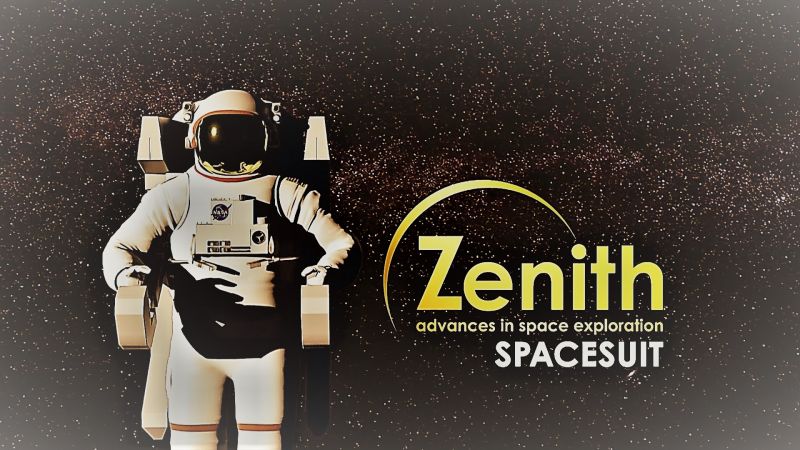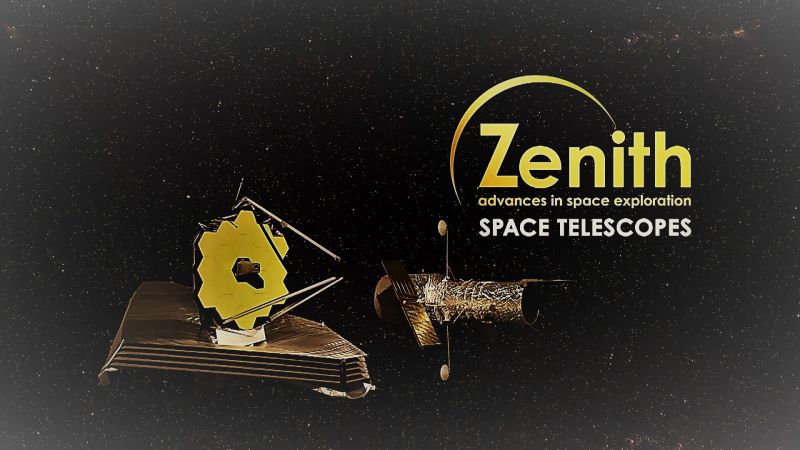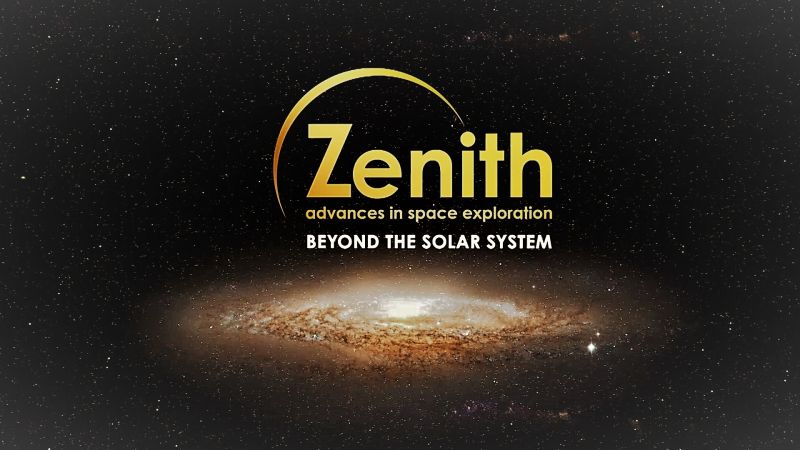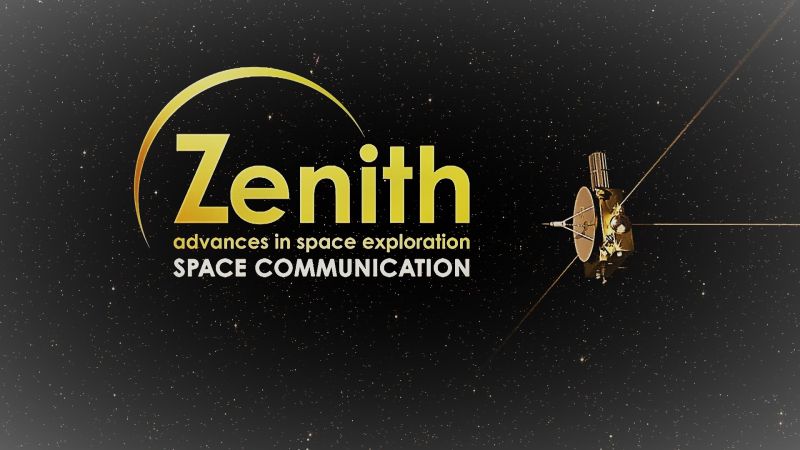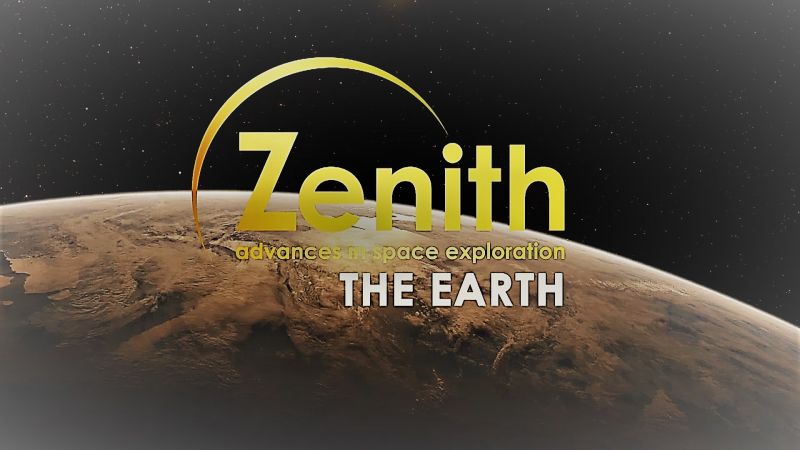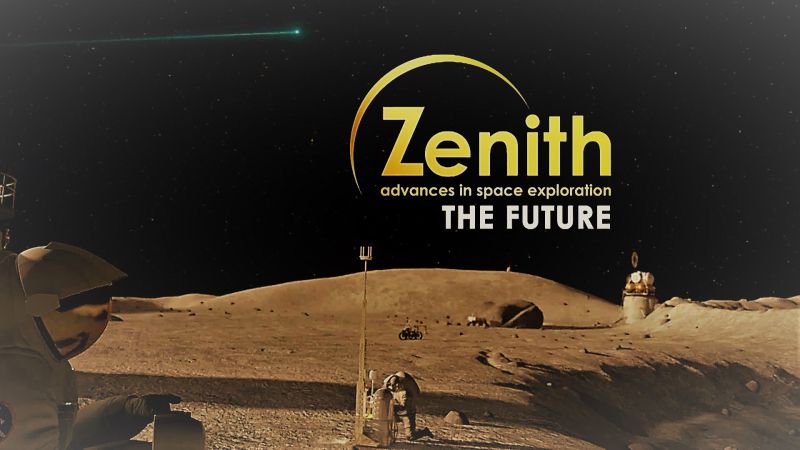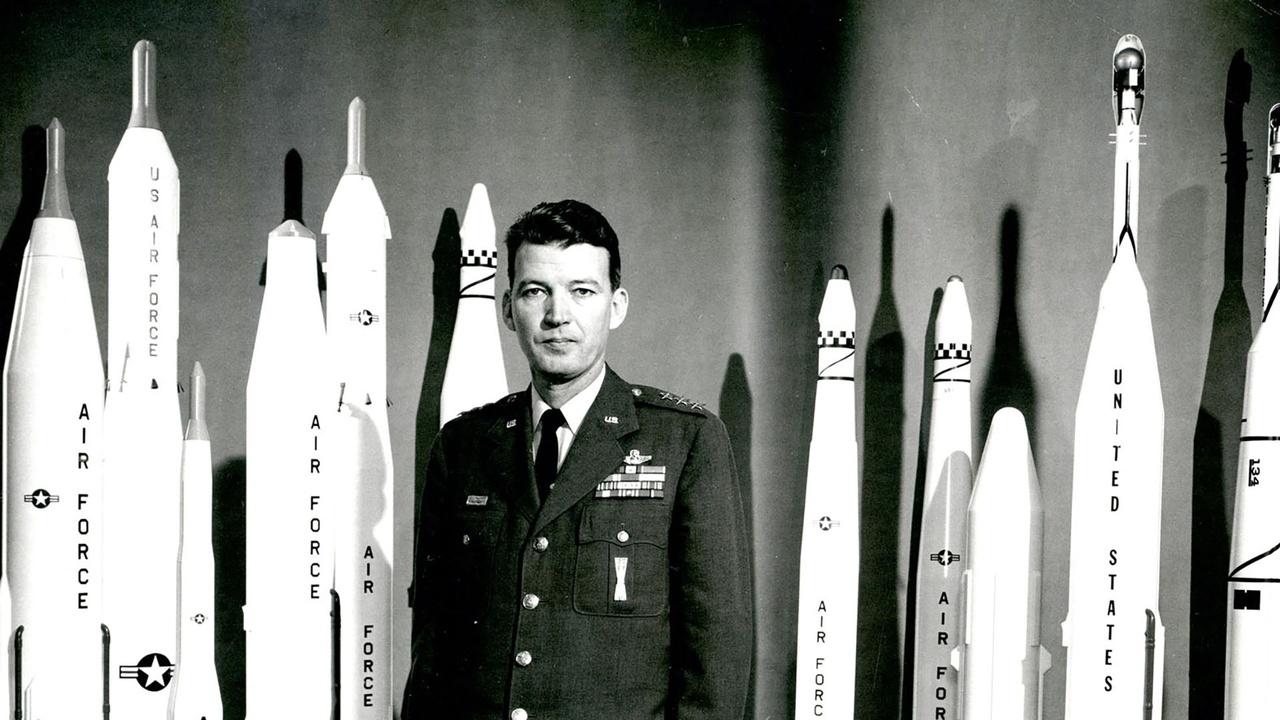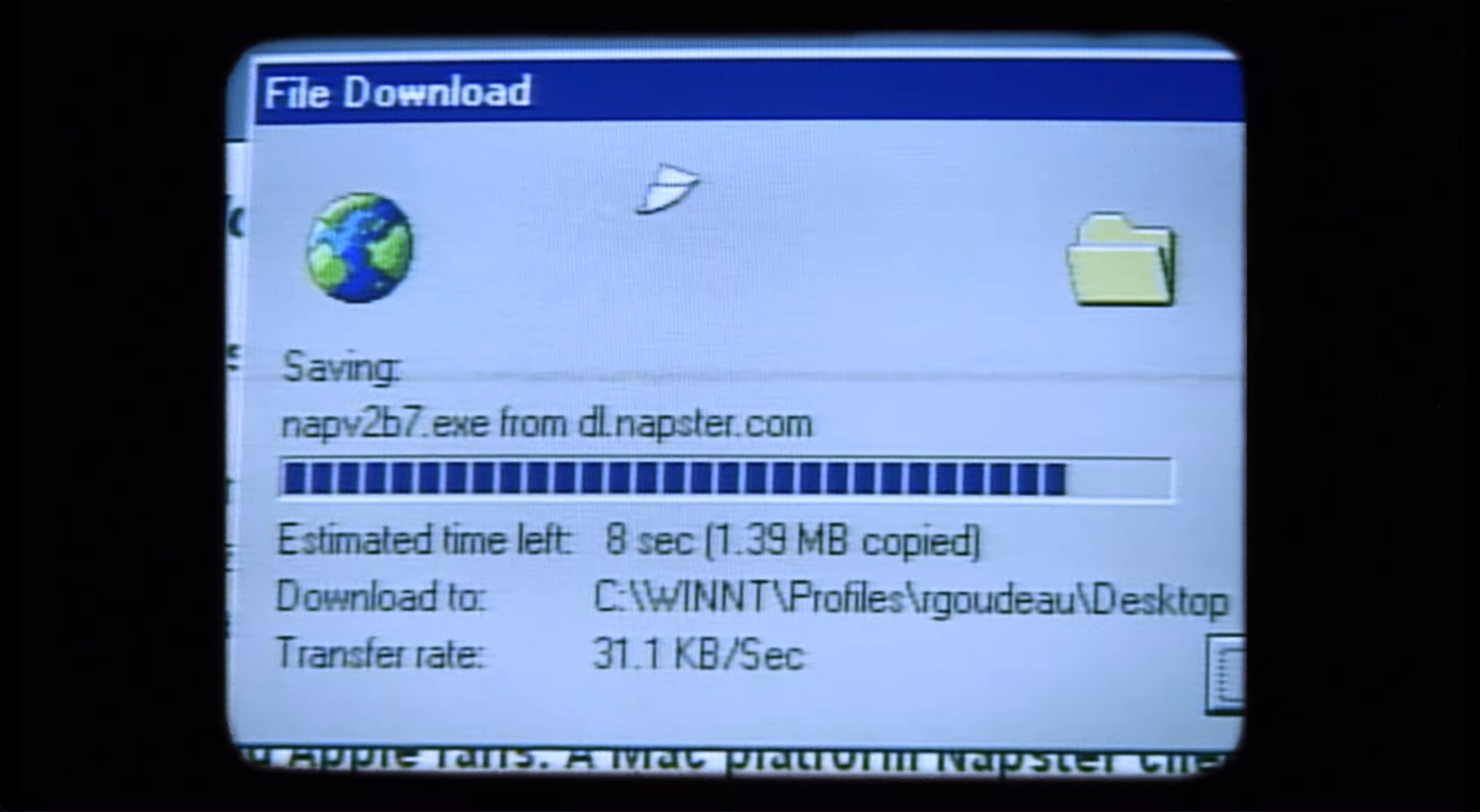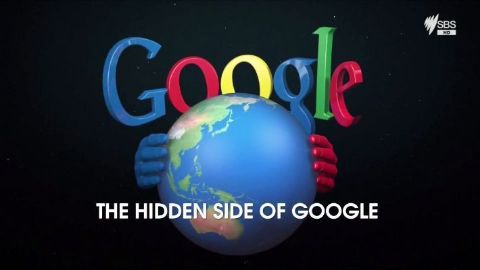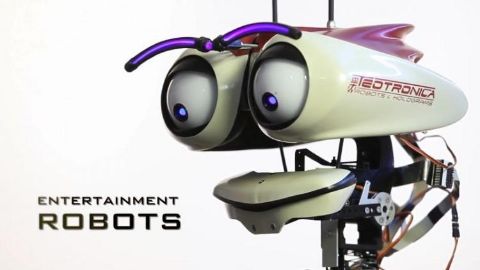Zenith: Advances in Space Exploration • 2021 • 13 episodes •
Early in the life of the solar system, Mars appears to have had Earth-like conditions. Planetary researchers have been targeting Mars to gain insight into how our own planet developed.
2021 • Technology
The development of reliable, high-powered boosters has enabled researchers to send probes to distant planets. Without these workhorses, our science would remain tied to the Earth. This episode examines a range of launchers that are integral to space research.
2021 • Technology
The ringed planet is of immense interest to researchers who believe that Saturn’s ring system will share similarities with the protoplanetary disc from which the solar system evolved.
2021 • Technology
Currently, the only destination for Astronauts and Cosmonauts is the orbiting research platform known as the International space station. This episode exposes the working life of people who spend months orbiting in microgravity.
2021 • Technology
The solar system’s largest planet has been visited by automated probes since the 1970s. This episode examines the work of the Galileo orbiter and the Juno probe that went into orbit around Jupiter last year.
2021 • Technology
Before spaceflight aviators began wearing pressure suits to allow them to function at higher ceilings. These aviation suits were adapted for the early Cosmonauts and Astronauts but as requirements became more demanding spacesuit design became more elaborate.
2021 • Technology
For most of human history, our neighboring planets were little more than dots of light in the sky with comets and asteroids being a complete mystery. Today the smaller rocky planets and asteroids are seen as the key to understanding the formation of our planetary system.
2021 • Technology
The Sun is our star. Its energy enables life on the Earth to thrive yet we know so little about the solar weather and the 11-year solar cycle. Modern technology can be adversely affected by giant coronal mass ejections and there appears to be a link between sunspot activity and climatic conditions.
2021 • Technology
Space telescopes orbiting above the distorting effects of the Earth’s atmosphere, such as the Hubble, have made incredible contributions to our knowledge of the universe.
2021 • Technology
There are so many unanswered questions about the stars, the galaxies, and the universe and just mapping what lies in the night sky is immensely difficult. This episode looks at the effort involved in making the first photograph of a black hole and the search for planets orbiting distant stars.
2021 • Technology
As our expertise in space technology increases, there have been spin-offs in many areas: particularly in communications. This episode examines the profit-making satellite telecommunications industry and emerging techniques designed to increase the rates of data transmission from distant space probes
2021 • Technology
The most important planet in the solar system is our home, the Earth. It is the only planet we know that harbors life. This episode looks at the growing understanding of the Earth’s complex climatic systems and the part on-orbit observation plays in the growth of knowledge about our planet.
2021 • Technology
Space technologies are continuing to be refined and access to space is becoming cheaper. This episode looks at the development of new human-rated spacecraft, reusable boosters, laser communications, the Ion Drive, and new techniques to refuel satellites in space.
2021 • Technology
